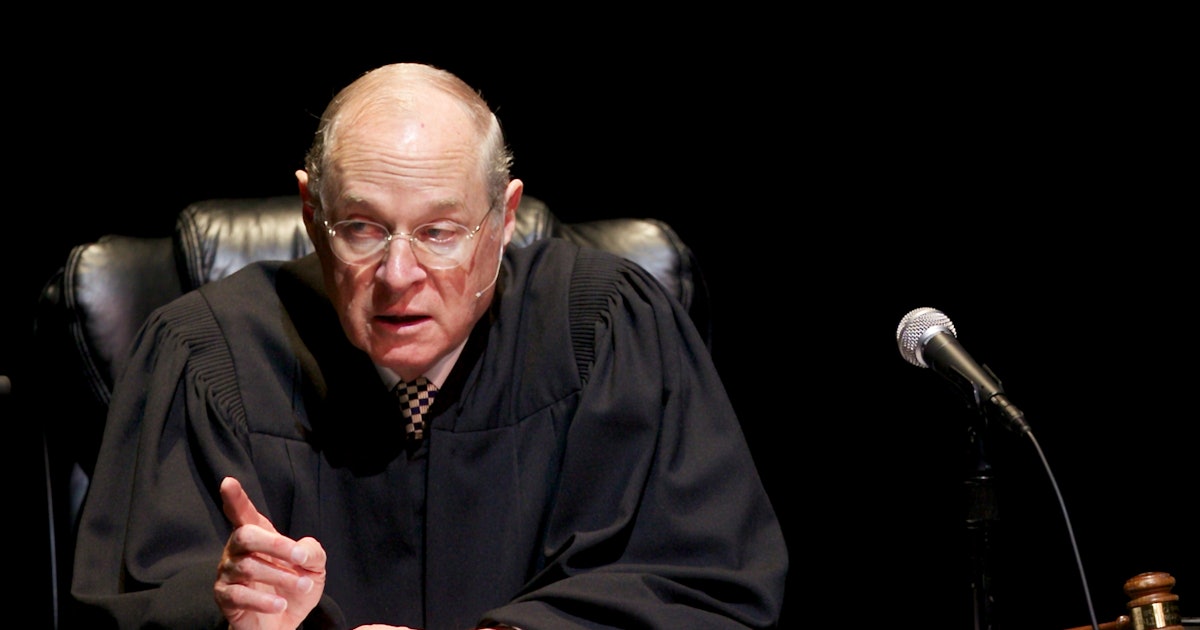In response to Cubicle 7’s announcement that their next Doctor Who role playing game would be powered by D&D 5E, there was a vehement (and in some places toxic) backlash on social media. While that backlash has several dimensions, one element of it is a claim that D&D is mainly about combat.
Head of D&D Ray Winninger disagreed (with snark!), tweeting "Woke up this morning to Twitter assuring me that [D&D] is "ninety percent combat." I must be playing (and designing) it wrong." WotC's Dan Dillon also said "So guess we're gonna recall all those Wild Beyond the Witchlight books and rework them into combat slogs, yeah? Since we did it wrong."
So, is D&D 90% combat?
And in other news, attacking C7 designers for making games is not OK.

 www.enworld.org
www.enworld.org
Head of D&D Ray Winninger disagreed (with snark!), tweeting "Woke up this morning to Twitter assuring me that [D&D] is "ninety percent combat." I must be playing (and designing) it wrong." WotC's Dan Dillon also said "So guess we're gonna recall all those Wild Beyond the Witchlight books and rework them into combat slogs, yeah? Since we did it wrong."
So, is D&D 90% combat?
And in other news, attacking C7 designers for making games is not OK.
D&D 5E - Doctors & Daleks - Cubicle 7 Brings Doctor Who to D&D 5E
Cubicle 7 -- makers of the official Doctor Who roleplaying game -- has announced that the Doctor will officially be coming to 5E soon under the name Doctors and Daleks. There are no dates or details yet, over than that the Doctors and Daleks Player's Guide will launch 'soon'. A NEW COMPANION...
 www.enworld.org
www.enworld.org





